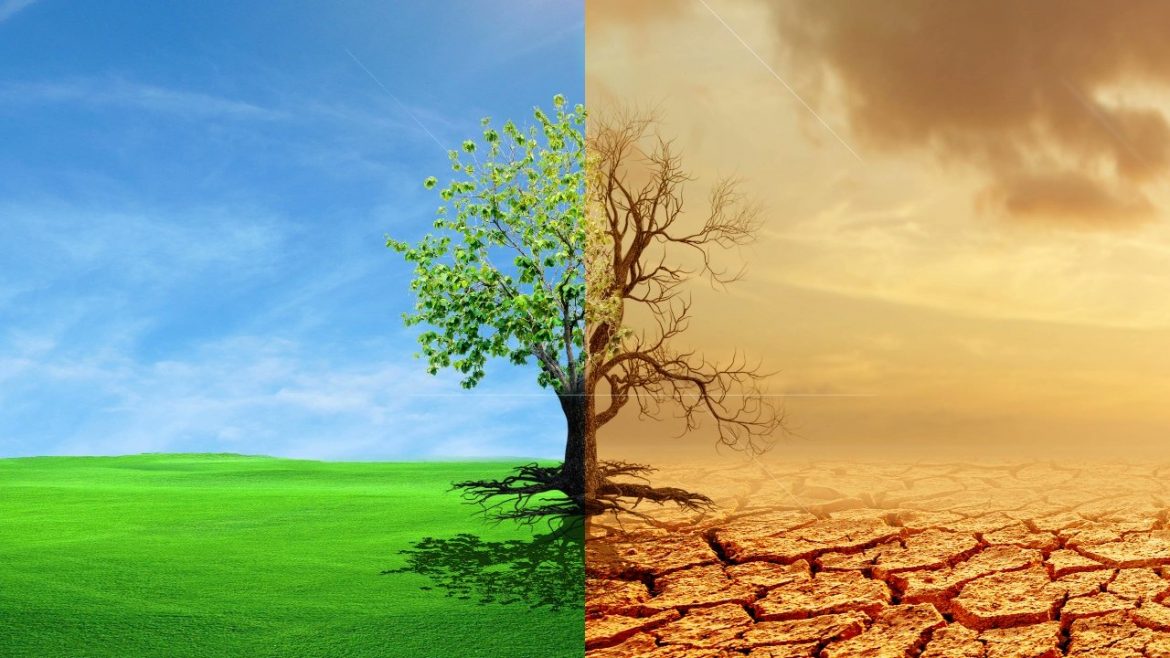Latest reports suggest that stakeholders have began to advocate for the integration of climate change into national curricula to equip young people with the knowledge and tools to respond to the crisis and support locally led solutions.
Across much of Africa, climate change continues to pose a serious threat. Unpredictable weather patterns, rising temperatures and erratic rainfall, are reshaping lives, livelihoods, and landscapes, deepening inequalities and disrupting communities.
Despite these challenges, farmers, youth, and policymakers are stepping up, innovating, adapting, and pushing for a more sustainable future.
At the Africa Women and Children Conference (AFRIWOCC), wife of former Vice President, and founder of the initiative, Samira Bawumia, emphasized the urgent need to ensure women and children are meaningfully represented in climate discussions.
Read also: Study shows US asthma inhalers produce same emissions as 500,000 cars
The communique records Africa’s collective call to ensure women and children are meaningfully included in the climate discourse. It also calls for the mainstreaming of indigenous knowledge, capacity building, technical inclusion, equitable access to climate finance, and embedding climate education at all levels. We must recognize the intersections of climate risk with food security, migration, health, and peace,” she stated.
Canadian High Commissioner to Ghana, Myriam Montrat, expressed concern over the disruption of education caused by climate change, which has affected over 400 million children globally.
“Between 2022 and 2024, extreme weather events impacted the education of 400 million children. In 81 countries, schools were temporarily closed. Students in low-income nations lose an average of 18 school days annually due to climate-related disruptions, compared to just 2.4 days in wealthier countries. That’s striking,” she said.
Story was adapted from 3news.
